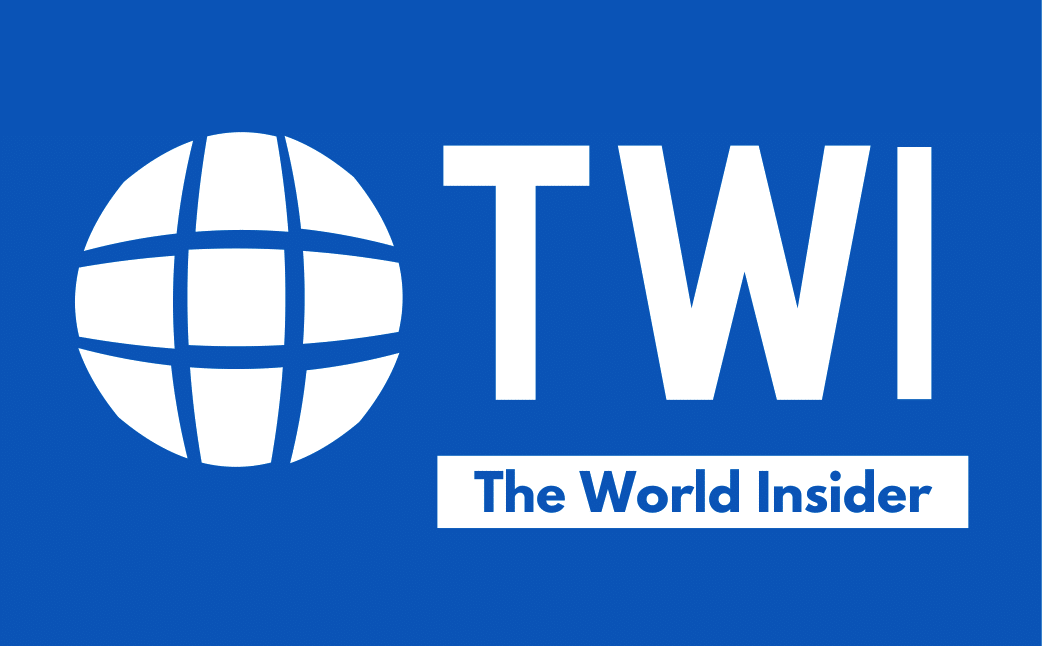The leaders of the United States, Japan, and South Korea hailed “a new era of trilateral partnership” as they agreed to bolster cooperation at a historic summit at the U.S. presidential retreat of Camp David on August 18.
The event at Camp David near Washington, DC, on Friday, marked the first official meeting between US President Joe Biden, his South Korean counterpart, Yoon Suk-yeol, and Japanese Prime Minister Fumio Kishida. Biden called South Korea and Japan “capable and indispensable allies.”
Korean President Yoon said that the meeting has “opened a new chapter in our cooperation for security, economy, science and technology, and development cooperation”.
Praising the first standalone trilateral summit, Yoon said that the principles agreed at Camp David will function as the enduring guidelines for our trilateral cooperation. In addition, “we have developed the Spirit of Camp David, which is a document embodying the vision of our trilateral cooperation and ways to translate our will to cooperate into action.”
Japanese Prime Minister Kishida said that the Camp David principles issued at a historic turning point will serve as “a new compass for trilateral cooperation”. This coordination, he said, will strengthen the Japan-U.S. and U.S.-ROK alliances, elevating trilateral security cooperation.
At the Camp David meeting, “we agreed to hold the Japan-U.S.-ROK multidomain joint exercises on an annual basis.” Kishida also talked about the progress made toward real-time sharing of North Korea’s missile warning data by year-end, building on the November agreement.
Crisis Hotline
Biden said the three allies would establish a communications hotline to discuss responses to threats. “We’ll have a hotline to share information and coordinate our responses whenever there is a crisis in the region, or affecting any one of our countries,” Biden said after the summit.

“We also agreed on the establishment of the working group on North Korea cyber activities, considered to be the source of finance for nuclear and missile development and on other matters,” the Japanese prime minister said.
U.S., Japan, and South Korea are determined to align collective efforts to advance the security and prosperity of the region. President Biden commended President Yoon and Prime Minister Kishida for their courageous leadership in transforming relations between Japan and the ROK.
“With the renewed bonds of friendship—and girded by the ironclad U.S.-Japan and U.S.-ROK alliances—each of our bilateral relationships is now stronger than ever. So too is our trilateral relationship” according to the joint statement.
Defense and military partnership
At Camp David, the three countries also agreed to expand trilateral military exercises and strengthen defense partnerships.
The agreements between the three countries include annual trilateral multi-domain military exercises, ballistic missile defense cooperation, and shoring up the security of defense supply chains
At the summit, they agreed that the ministers of foreign affairs, finance, defense, and national security advisors of the three countries will each meet at least once a year.
Today we began the next era of our cooperation with Japan and the Republic of Korea at Camp David, a place defined by new possibilities.
— President Biden (@POTUS) August 19, 2023
We will continue to seize those possibilities together –
Unwavering in our unity.
Unmatched in our resolve. pic.twitter.com/882upWIOIy
The three leaders expressed their resolve and optimism for the future of the trilateral relationship, emphasizing their unified vision and determination to address challenges together.
Collaboration in Technology
The three countries have agreed to collaborate in the field of cutting-edge technologies specifically in AI (artificial intelligence), quantum, bio, and next-generation telecommunications and space sectors.
South Korea, Japan, and the U.S. committed to have their national laboratories expand joint research and development (R&D) and personnel exchanges to boost science and technology innovation.
The three allies have also launched a Supply Chain Early Warning System Pilot which will alert them about disruptions of certain products and materials, such as critical minerals or batteries used in advanced technologies.
Highlights: Camp David Joint Statement
The joint statement from the leaders of Japan, the Republic of Korea (ROK), and the United States outlines their commitment to a strengthened trilateral partnership. They address various challenges including geopolitical competition, the climate crisis, Russia’s actions in Ukraine, and nuclear provocations.
They emphasize the importance of unity and coordinated action to address these issues. The leaders intend to expand cooperation across multiple domains and the Indo-Pacific region, focusing on strengthening economies, upholding the rule of law, bolstering peace and security, and promoting democracy and human rights.
The leaders of the three countries agreed to enhance strategic coordination between the U.S.-Japan and U.S.-ROK alliances and bring the trilateral security cooperation to new heights.

They plan to enhance coordination through regular trilateral meetings between leaders, foreign ministers, defense ministers, and more. They also express support for ASEAN centrality, unity, and sustainable development efforts, while opposing actions that undermine the rules-based international order.
The leaders affirmed their commitment to denuclearization of North Korea in accordance with relevant UNSC resolutions and urged the Democratic People’s Republic of Korea (DPRK) to abandon its nuclear and ballistic missile programs. They also announced initiatives to address cyber threats from North Korea. Japan, South Korea, and the United States remain committed to reestablishing dialogue with the DPRK with no preconditions.
Recalling the stance of each of the three countries and mentioning the aggressive behavior supporting unlawful maritime claims by the People’s Republic of China (PRC) in the South China Sea, they strongly opposed any unilateral attempts to change the status quo in the waters of the Indo-Pacific.
Economically, they aim to improve supply chain resilience, enhance technology security, and promote inclusive economies. They emphasize cooperation on clean energy, technology standards, biotechnology, critical minerals, AI, quantum computing, and scientific research. Additionally, they highlight their commitment to Ukraine’s sovereignty and their intent to stand against Russia’s aggression.




